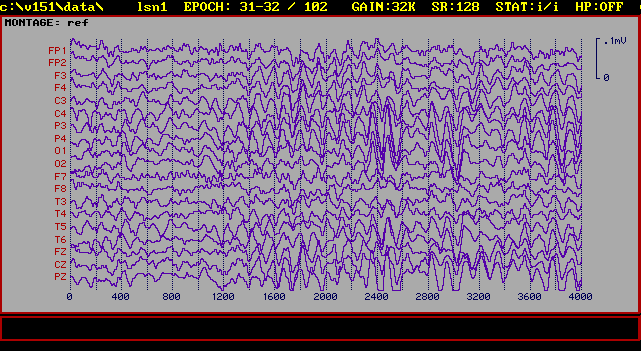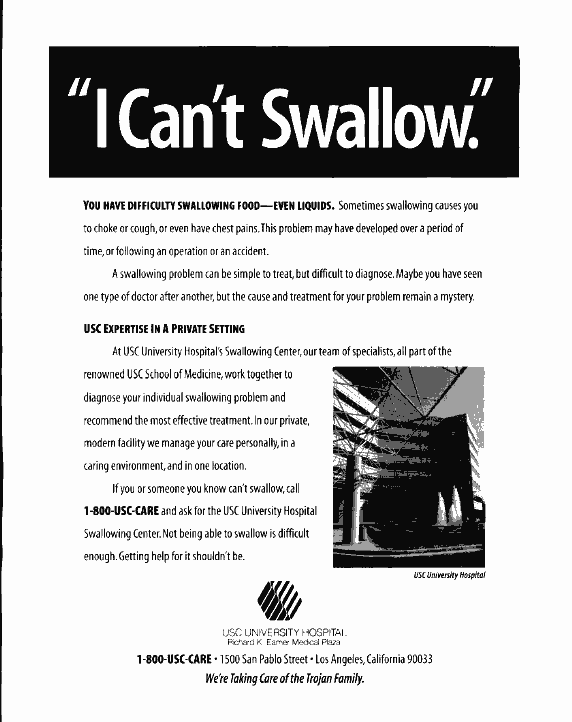|
| |
PsychNews Archives
.gif)
Scientists' think depression is more
than attitude? You bet they do and for good cause.
In the June, 1998, issue of Scientific American, Charles Nemeroff writes as
concise and informative discussion of the Psychobiology of Depression
as any I have read. Better still, this article is up to date in its discussion of
modern drugs used to treat depression and how and why they work. Nemeroff also
discusses how environmental stressors and early childhood experience may be translated
into psychophysioloigcal changes which interact with genetic predispositions to be
depressed. It seems to me that as we learn more about depression, the more it seems
like the term "depression" is too global to accurately describe the different
inner experiences and neurobiological phenomena that have historically been heaped
together and termed "depression." Even if the article gets a little deep,
Nemeroff's use of hyperlinks will point you to something you will probably find useful.

New uses for old brainwaves? Is Quantitative EEG (qEEG)
more than just a new twist on the "microphone over the city" glimpse of
electrical activity just under your scalp or is it a delicate detector of
behavioral/emotional predispositions that lends itself to conditioning techniques? Are the
psychologists who work with qEEG quacks; well-intended pseudoscientists; or a new breed of
well trained, high tech healers? The answer doesn't seem clear to me but see for
yourself what some Minnesota psychologists claim about their work.

You mean it isn't just in their
head? At last, the promise of relief for those with Swallowing Problems. This
announcement by a multidisciplinary team is exciting in that departs from the rule that
even when unglamorous, non-fatal symptoms can wreck the quality of the patients' lives, it
is relative rare that they are deemed worthy of serious scientific attention.
Swallowing, it turns out, is a very complex, mostly reflexive, operation that
involves muscles from your chest, throat and tongue acting in exquisite harmony with one
another. It is modulated by several different cranial nerves and parts of your brain
that are not normally associated with conscious control. Making things more complicated is
that like parallel skiing, moving your bowels, making love, and shooting free-throws; the
more you think about it, the worse you get at it but if you don't think about it at
all you get yourself in big trouble! Anyone who has ever had a problem swallowing,
if only while suffering from a very sore throat, should appreciate what hope such a
treatment program would mean to folks with chronic swallowing difficulties.
Medicine is political? U.S. News and World Report's John Leo discovers limitations in the
"medical model" of DSM-IV in his article "Doing
the Disorder Rag."
|